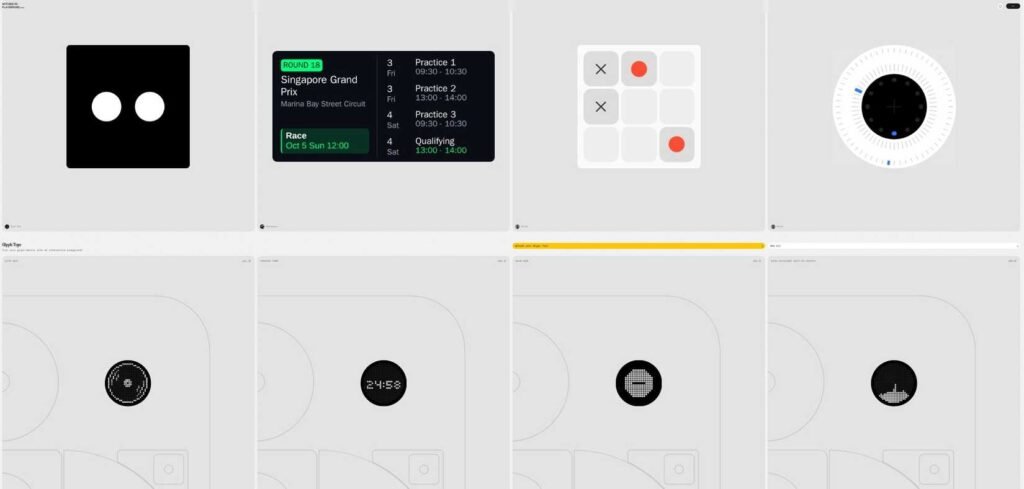
Audio By Carbonatix
When it comes to “non-luxury” EV sales, Tesla’s still the gorilla in the room. According to Experian, the relatively new company claims 46.89% of the U.S. EV market in the second quarter of 2025. The Detroit Three are all fighting for the rest of the pie, and Chevrolet’s been gaining ground in an interesting reversal.
Ford came out of the gate strong with its 2022 EV sales
Ford went after Tesla hard with its F-150 Lightning, attempting to undercut the Cybertruck prices. Its big play was the Mustang Mach-E, a uniquely American twist on the formula that makes the Tesla Model Y the planet’s best-selling vehicle.
The Blue Oval’s buzzy new EV lineup landed it 28.42% of the U.S. EV market by quarter two of 2022. But instead of major redesigns for these winners, CEO Jim Farley is pivoting to focus on an all-new factory type (also based on Tesla innovations) and an upcoming electric compact pickup truck. As a result, newer and shinier EVs from Detroit are chipping away at Ford’s market share.
By Q2 2023, Ford’s EV market share had dropped to 20.61%, then by Q2 2024, it had dipped to 19.72%. Now, it’s at a shocking 13.48%.
In the same time, Hyundai’s market share rose as high as 22.18% before falling to 17.01% after a major recall led to Hyundai EV durability concerns.
The latest winner in domestic EV sales
The consistent winner has been Ford’s cross-town rival: Chevrolet. In Q2 2022, Chevy could only claim 12.97% of the market. But in the past four years, Chevrolet and Ford have nearly swapped places, with 25.9% of non-luxury EVs sold in the U.S. in Q2 2025 wearing bowties.
It’s interesting to note that instead of going toe-to-toe with Tesla’s offerings, Chevy has offered some unique models. The Volt was one of the only range-extended EVs ever available, and a fresh take on the formula. But it was discontinued. Now the Bolt is a true compact car, smaller than anything Tesla makes. Its latest designs include huge EV trucks and SUVs, including the new Hummer and the Silverado/Sierra. While they aren’t included in this “non-luxury” category, Cadillac’s EV lineup—including the Rolls-Royce-priced Celestiq—is large and uniquely Cadillac.
Of course, the most popular Chevy EV is still its direct Model Y competitor, the Equinox crossover. According to Electrek, it is the best-selling non-Tesla EV in the U.S.







